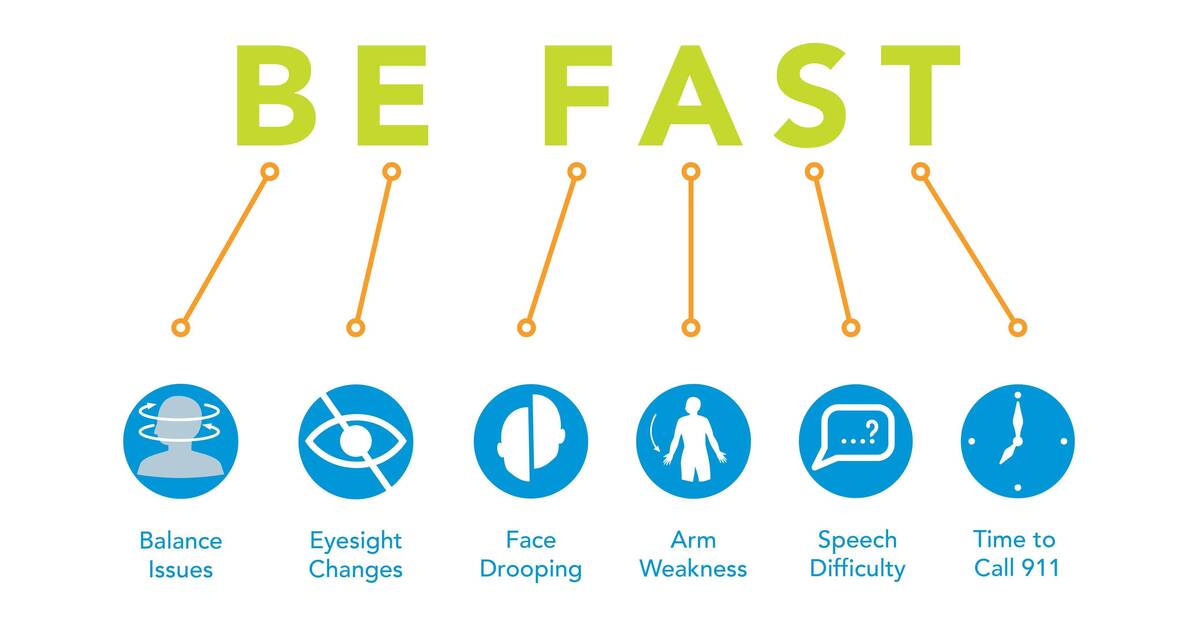“ . . . in January 1879, he [Ward Hunt] suffered a paralyzing stroke that left him incapable of speaking.
“At the time of his stroke, Hunt was 68 years old and had served on the Court for six years. Although his affliction left him incapable of hearing cases or writing opinions, Hunt refused to resign from the Court for three years . . . ”
***********
I can’t blame the guy, because he probably didn’t want his wife to live in poverty in her senior years. But Holy Cow, there has to be a better way!
Your ideas please.

